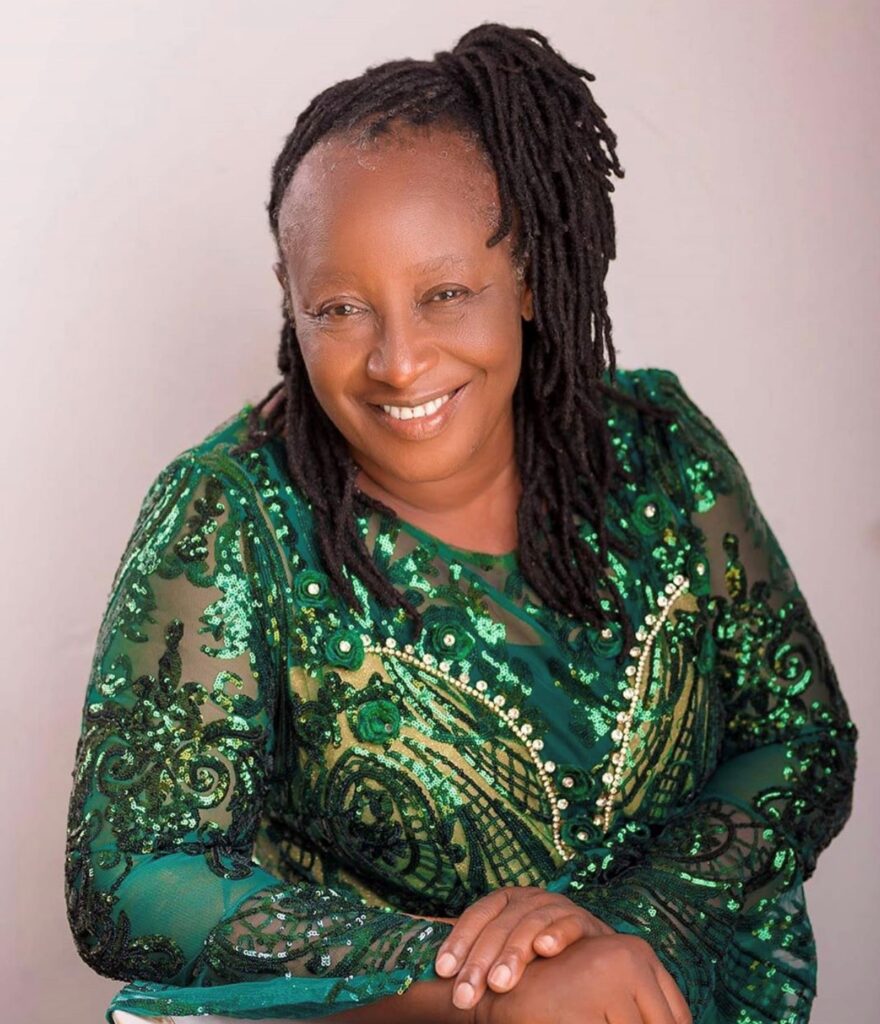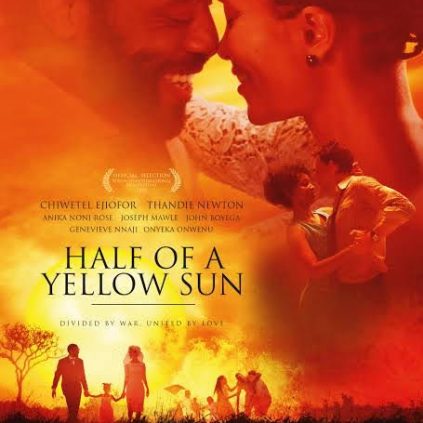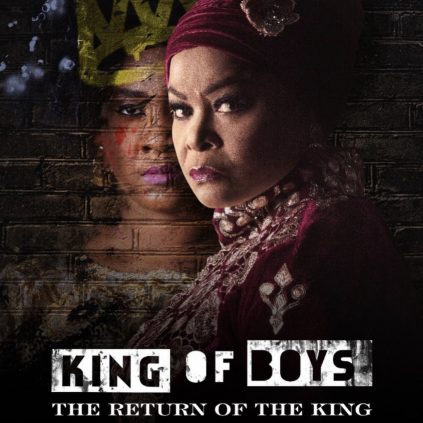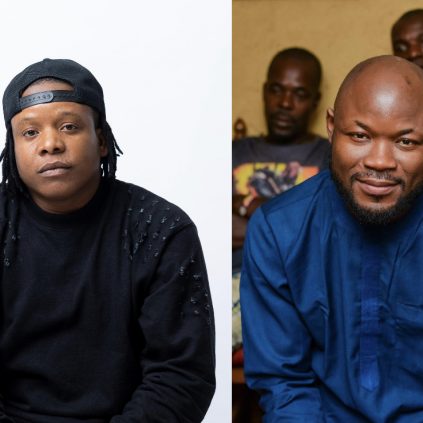The relationship between an actor and a character exists as a fundamental necessity to the success of a film. Have you ever wondered why the audience likes a particular actor? What motivates the preference amidst myriads of other talented actors? Unsurprisingly, it is the perfection an actor brings in every character they embody. Nollywood knows this, in fact too well at the detriment of the actor.
The act of pigeonholing has always existed in Nollywood for ages, it isn’t a concept of modern media but with time it became more popular. Several talented actors in Nollywood get pigeonholed into the same role repeatedly. Evidently, when an actor performs a character all too well in Nollywood, the actor is typecast into such roles in subsequent films which could stifle creativity or limit such actor and several other talented actors into getting roles to showcase their range.
The art of acting— Imitation, mimicry, performance, gesture, and movement, or whatever form of art you call it, in its very inherent nature is meant to be flexible and receptive to change. The actor is a performer at the mercy of the art, which is filmmaking. A talented artist or performer should perform whatever role he/she is given.
There are a certain set of determinants that could influence the pigeonholing of an actor: an actor’s formative years; an actor’s breakout role; an actor’s best performance; and other related factors.
During an actor’s formative years, he leeches on to any role he sees because he is determined to make a mark. These roles may be interrelated because directors and producers don’t trust him enough yet to give other roles than the ones the actor has become acquainted with, then the actor becomes stuck in the role of a High schooler or a drug baron for years, which creates a precedent or system requiring such actors as a go-to for such roles.
An actor auditions for a specific role and gets picked and performs it beyond expectations — this becomes his breakout role (what they know you for) when there is a need for such roles in subsequent films, the actor’s name will always pop up.
Kid actors are the most likely to be imprisoned in this phenomenon. Directors and audiences always associate them with their breakout roles they performed when they were younger and it becomes difficult to transform into more mature and different characters when they grow older.
What happens when actors become acquainted with specific characters? These characters become immortal. Character and characterization are some of the most important aspects of filmmaking, it elevates a movie no matter how flawed it is. It is the human element that the audience resonates with.
The immortality of these characters becomes a hindrance to the fluidity of creativity and storytelling. Screenwriters don’t look further whenever a story comes to mind, they pick out from all the characters and add them to the script with the same actors portraying them—this is one the principal reasons for recycled stories in Nollywood. The characters: Evil Stepmother, Ritualist, comic service workers, Damsel in Distress, Overbearing mother-in-law, and a lot more have been clear in our films with specific actors performing them.
Pigeonholing actors is a far-reaching phenomenon in Nollywood, several new actors don’t get the chance to display their talent because there is already an actor playing these roles.
To eliminate this defect, the truth is that Casting directors will not stop casting such actors in these roles until the actors take a bold step in rejecting the stereotypes, repetitive roles, and gear towards creating a more diverse portfolio for their work — featuring in several other movies and delivering several characters that will fully display their talent, versatility, and range.











![IMG_3131[833] IMG_3131[833]](https://txtmag.com/wp-content/uploads/elementor/thumbs/IMG_3131833-per3o7zofkdswfbl3icptcx9xiifei7btldhw0m2x2.jpg)

I agree. I think Nollywood is slowly breaking out of those stereotypes though. Slowly.